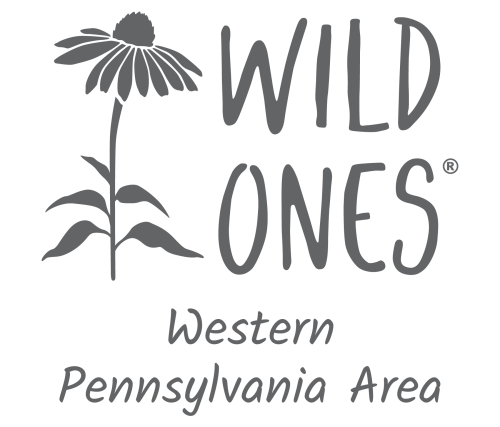The World Wildlife Fund defines biodiversity as:
All the different kinds of life you’ll find in one area—the variety of animals, plants, fungi, and even microorganisms like bacteria that make up our natural world. Each of these species and organisms work together in ecosystems, like an intricate web, to maintain balance and support life. Biodiversity supports everything in nature that we need to survive: food, clean water, medicine, and shelter.
Worrying Trends
- Wild bird populations in the U.S. and Canada have declined by almost 30% since 1970.
- U.S. native bee populations are declining and some are facing extinction.
- Allegheny County is losing 2% of its tree canopy every five years.
- North America has lost 33% of its biodiversity since 1970.
Causes of Biodiversity Loss
OUR COLONIAL HISTORY
The exploitation of North America’s vast land and resources precipitated widespread and cascading ecological impacts that continue today. Extensive and sometimes indiscriminate hunting, logging, farming, and development have degraded or destroyed many natural ecosystems, driving many plant and animal populations into dramatic decline.
INVASIVE SPECIES
An invasive species is a one that:
- is non-native (or alien) to an ecosystem, and
- causes or is likely to cause economic or environmental harm or harm to human health.
Plants from other continents were introduced to North America either by accident or through the retail nursery trade as ornamentals. Many have proved invasive and threaten our wild spaces.
Invasive plants reproduce and spread at rapid rates, crowding out and killing native species in an area. They can be very difficult to remove and can require the extensive use of herbicide to control their spread.
In 2021, researchers found that 61% of 1,285 plant species identified as invasive in the U.S. remain available through the plant trade.
Read the study results.
RESIDENTIAL LAWNS
Residential lawns cover 50 million acres of land in the U.S. and are irrigated more than any agricultural crop, yet they provide few ecological benefits. Over 200 million gallons of gasoline and 70 million pounds of pesticides are used every year on these monoculture lawns.
The U.S. Geological Survey found high concentrations of 16 toxic pesticides in many urbanized areas. These “urban signature pesticides” (USPs) degrade water quality and pose health risks for wildlife and humans alike.
Read more about urban pesticides.
